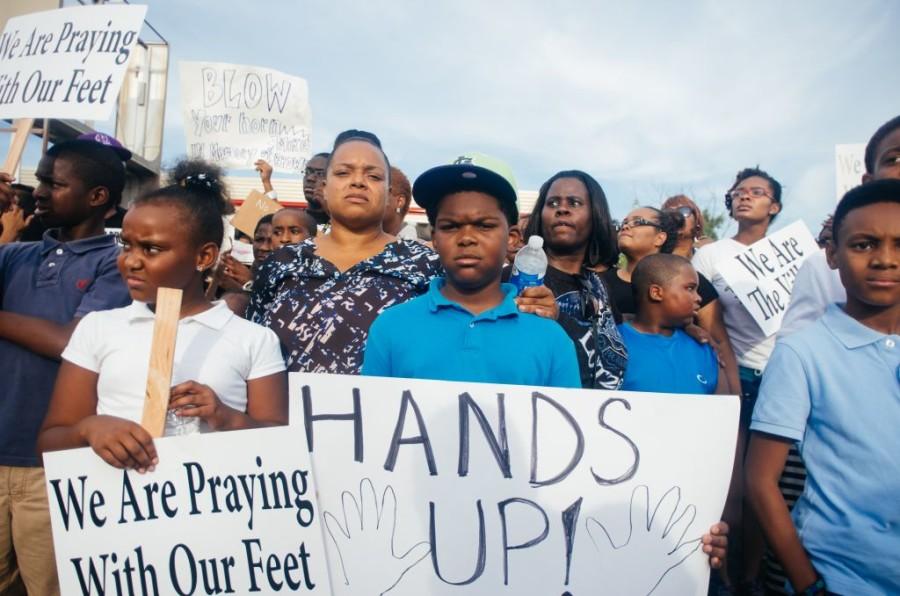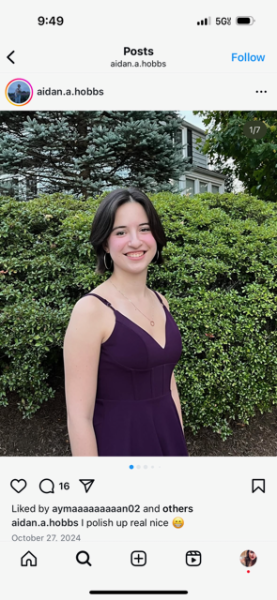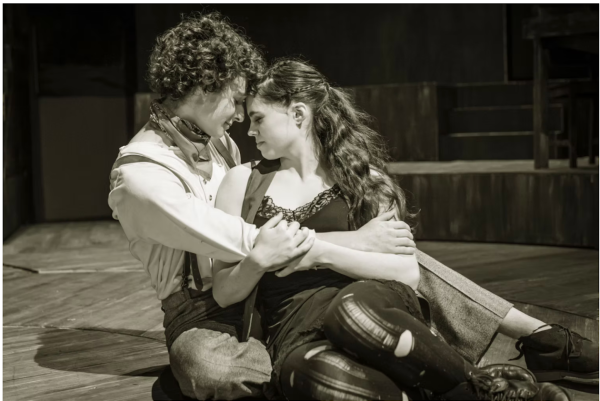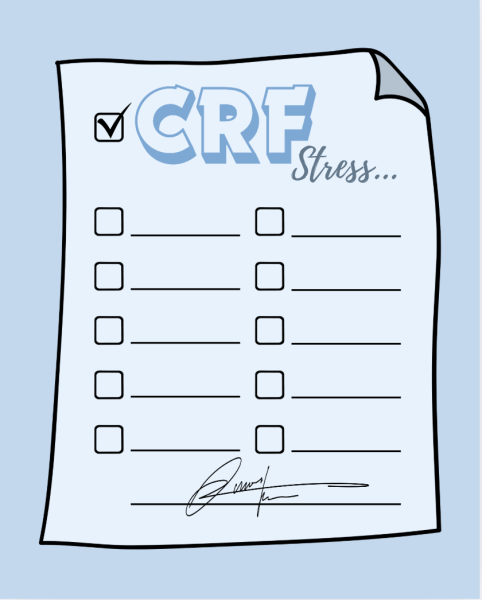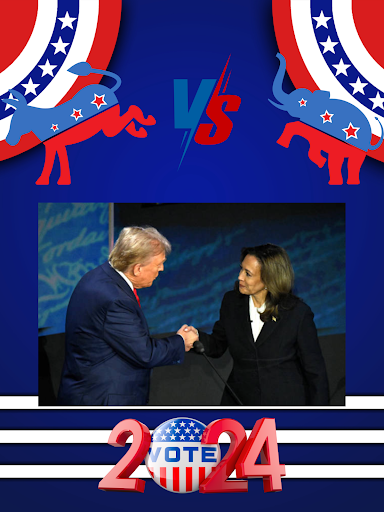Black Lives Matter in D.C.
On October 12, Jason Goolsby, a freshman in college, was standing outside a bank in the district determining whether or not to get money. Moments after arriving at the bank, he started to hear police cars coming his way. Goolsby took off running and was tackled and arrested by two police officers. All of this was caught on video by one of his friends, showing officers yelling at Goolsby “stop resisting.” Goolsby yelled back “I am not resisting.”
Over the past couple of years, riots, protests and court cases have taken place through the Black Lives Matter movement. This would include the Spring protests and riots in Baltimore from the arrest and death of Freddie Gray, as well the Ferguson shooting of Michael Brown by a police officer. These movements, which mainly focus on police brutality towards African Americans, have shined a light on the current instances in the United States where black people are discriminated. This movement has come to the public’s attention, once again, in the district due to recent events.
The police got a call from a white woman with a baby reporting a possible robbery due to what she thought was suspicious behavior. “We just left, but we felt like if we had taken money out we might have gotten robbed,” the woman said.
Erika Totten, one of Goolsby’s former high school teachers interviewed for the Washington Post on this topic. “If you are black, you are an automatic threat,” Totten said. “That is the reality of the world we live in, and it is supported by the justice system.”
This incident quickly led to protests in the district by supporters of the Black Lives Matter movement. By October 13, Pennsylvania Avenue was blocked by protesters shouting “justice for Jason.” Jason was released, unaware of the protests in his name. However, he had the same views that the protestors were trying to convey: anger towards the police and racial stereotypes.
There have been more issues with stereotyping African Americans not involved in criminal acts in the district. One major example of this is through the mobile app GroupMe, which is a private chat between merchants, employees, on-duty police officers and others who communicate where they see suspicious people. The main use of the app is to find shoplifters before they commit any crime. The issue with this app is that a majority of the reports sent in are on black customers, which is another example of overall stereotyping. The app, since the issue, has been banned in the district.
The app has lead to further controversy over stereotyping. “Stereotyping is a major issue and the main cause of all the arrests and shooting,” an anonymous person said. “This is shown in not only police officers, but everyday people, and it is ridiculous.”
In both the false arrest of Goolsby and issues with the GroupMe app, stereotyping played a role, leading to protesting and the banning of the app. English teacher Jacqueline Stallworth said, “If we diversify our thoughts by setting to know people as individuals, then we set away from the single story and learn that there are many stories in the world.”


